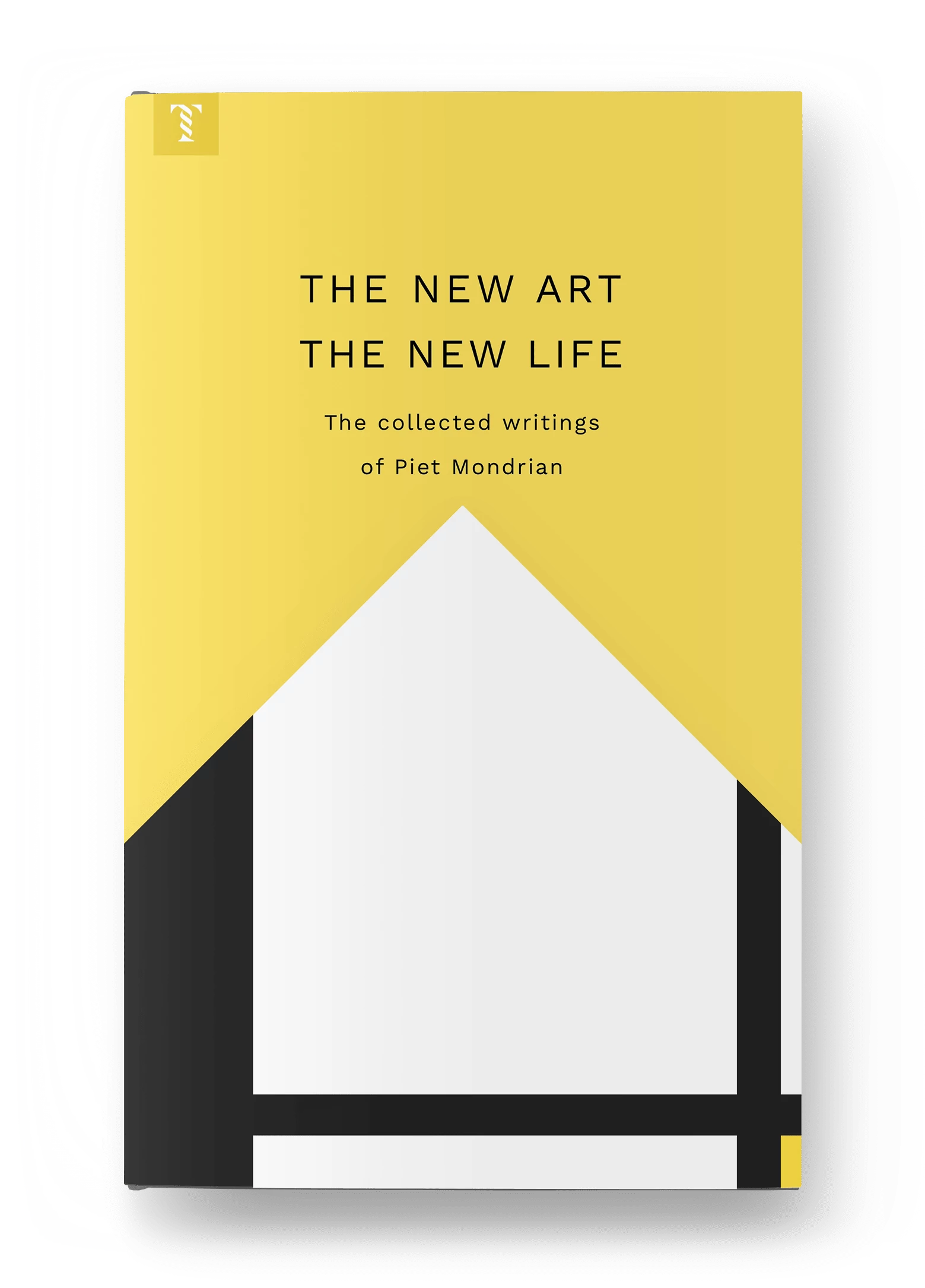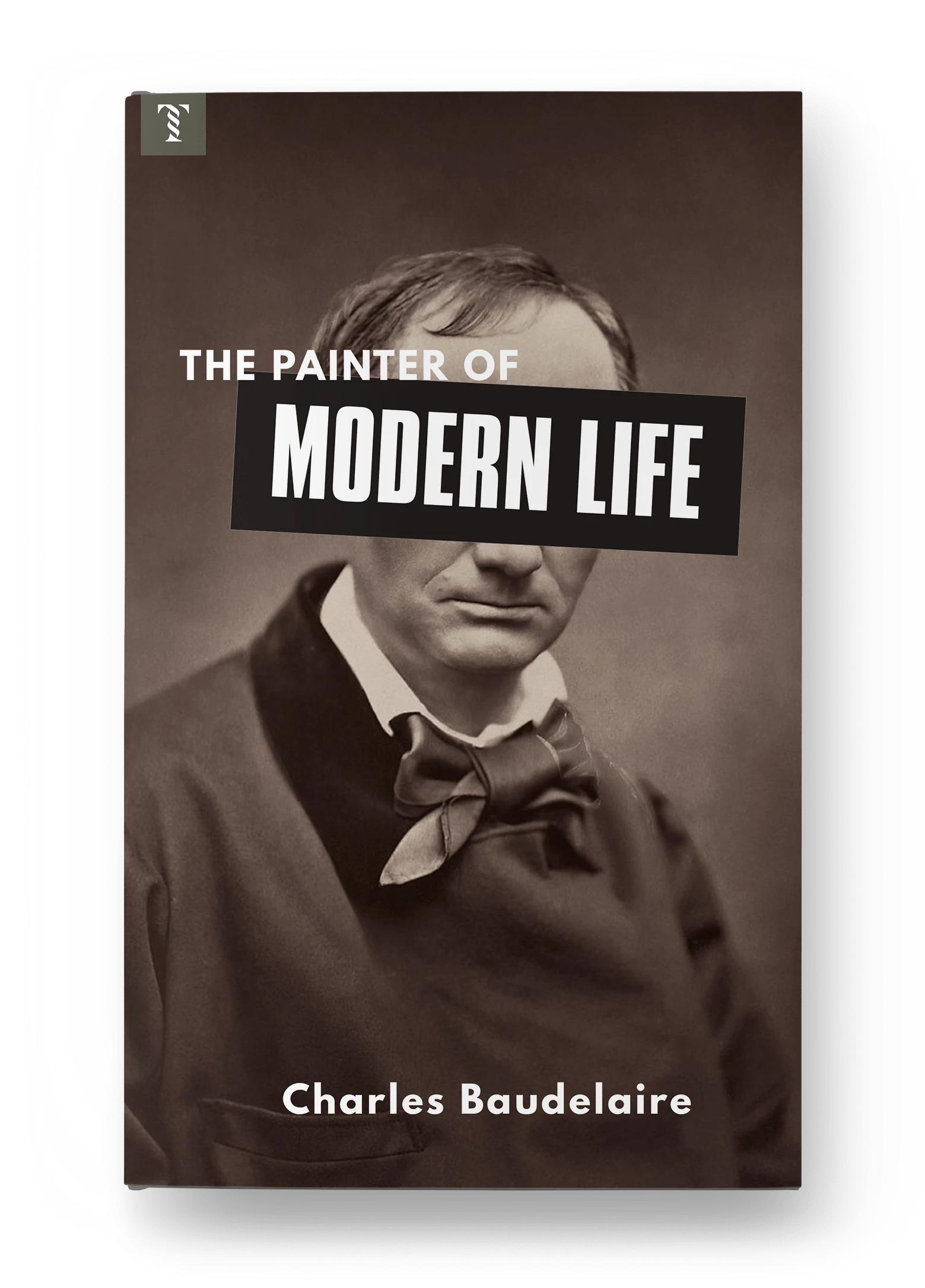May the downfall of the old world be etched on the palms of your hands.
Even if someone paints a 'green sun', I will not say it is wrong.
It is right and necessary that all men should have work to do which shall he worth doing
A treatise on the effect of infinite reproducibility on art, and a caution against fascist propaganda. Both more relevant than ever.
Listen! There never was an artistic period. There never was an Art-loving nation. In the beginning, man went forth each day—all that they might gain and live, or lose and die.
A first encounter with any new phenomenon exercises immediately an impression on the soul.
Every work of art is the child of its age and, in many cases, the mother of our emotions.
Art does not reproduce the visible but makes visible.
By eliminating everything superfluous to the technical means of their craft the Cubists finally reached the common ground where a general, synthetic culture becomes possible.
I condemn without hesitation the position of the Knave of Diamonds, which has replaced creative activity with theorizing.
'What is this shocking anomaly you are producing?'
There is nothing real outside ourselves; there is nothing real except the coincidence of a sensation and an individual mental direction.
Abandon love, abandon aestheticism, abandon the baggage of wisdom, for in the new culture, your wisdom is ridiculous and insignificant. I have untied the knots of wisdom and liberated the consciousness of color!
Nature has more depth than surface, hence the need to introduce in our vibrations of light, represented by reds and yellows, enough blue tints to give a feeling of air.
In art, progress does not consist in extension, but in the knowledge of limits. Limitation determines style, engenders new form, and gives impulse to creation.
You see, I have made a great discovery: I no longer believe in anything...what I can only describe as a state of peace—
Expression, for me, does not reside in passions glowing in a human face or manifested by violent movement. The entire arrangement of my picture is expressive.
My classical education naturally led me to study the Masters ... until the day when I realized that for me it was necessary to forget the technique of the Masters, or rather understand it in a completely personal manner. Isn’t this the rule with every artist of classical training?
The organization of artistic elements must be applied to the design of the material elements of everyday life.
The sentiments of men often differ with regard to beauty and deformity of all kinds
Whoever wants to know something about me - as an artist which alone is significant - they should look attentively at my pictures...
What makes a piece of artwork significant, is the fullness of the artist’s efforts, the powerfulness of his or her will.
It is the creation of a new form which expresses the relativity between weight and expansion, between rotation and revolution; here, in fact, we have life itself caught in a form which life has created in its infinite succession of events.
The foundation of the Neoclassical movement
It is often said of a picture: this picture is not extraordinary, it is nothing remarkable, but “it shows great sensitiveness”.
Art is harmony. Harmony is the analogy of contrary elements and the analogy of similar elements of tone, color and line...
The purpose of applying art: to add beauty to the results of the work of man and to add pleasure to the work itself
There is nothing more awful in the world than repetition, uniformity
This is how we decompose and recompose the universe according to our marvelous whims


Art should be independent of all clap-trap—should stand alone, and appeal to the artistic sense of eye or ear, without confounding this with emotions entirely foreign to it, as devotion, pity, love, patriotism, and the like.
I shake off the dust of the West, and I consider all those people ridiculous and backward who still imitate Western models in the hope of becoming pure painters and who fear literariness more than death.
I AM emphatically of opinion that the best Art of modern times is as good as any of its kind that has gone before, and furthermore, that the best Art of England can hold its own against the world.
The artist is himself nature and a part of nature in natural space